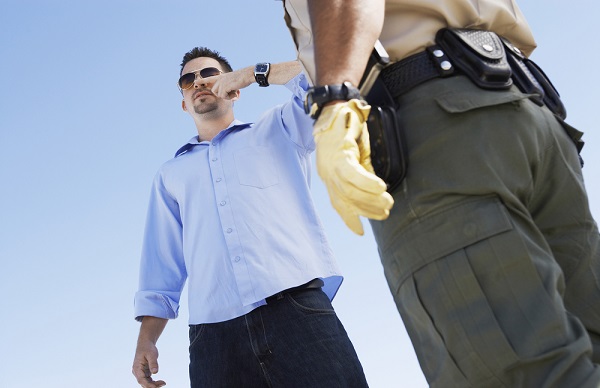When an individual is pulled over on DUI suspicions, there will often be a drug recognition expert (DRE) present to perform a series of tests that will purportedly provide enough information to tell if the driving had been impaired by any illegal drug usage. DREs are individual police officers who are trained to recognize ways in which the human body reacts to drug usage.
Categories of drugs that DREs are trained to identify include those in each of these seven main categories: inhalants, dissociatives anesthetics, cannabis, nervous system depressants, central nervous system stimulants, narcotic analgesics, and hallucinogens.
Likelihood of a successful defense is high in cases of DRE DWIs, due to inconsistent and incomplete training of officers on staff who are deemed to be experts in drug recognition after only a nine-day training session. DRE inspections are not recognized as expert testimony in NJ courts and are not on the same level of consideration as that given by a medical doctor. There are a number of very strong defenses that can be used in cases of DRE-based assessment following an arrest.
There are many steps to a DRE examination of a suspected drug user, many of which can be analyzed for flaws during a successful defense proceeding. These tests are also administered with readings of Blood Alcohol Content (BAC), the evaluator’s personal opinion, statements by the suspect, or any samples of bodily fluids that would then be taken to a laboratory for further testing.
- Coordination: A suspect will be asked to perform tests which measure their coordination levels, including balancing on one leg, walking along a straight line, and moving his or her finger back and forth from the nose. These are also known as ‘divided attention tests’.
- Vital Signs: The DRE on hand will measure the vital signs of the suspect, drawing measurements and readings from their blood pressure, temperature, and pulse.
- Visual Inspections: The officer will inspect the suspect’s mouth, nose and arms for any signs of intravenous, inhalant or orally administered drugs.
- Eye Tests: The DRE will have the suspect look in various directions including crossing his or her eyes in front of their nose, to record any abnormal twitching. This test is also done under various light conditions and the size of a suspect’s pupils will also be observed.
- Muscle Tone: As a final test, the DRE will inspect the suspect’s arms, touching them to gauge a level of muscle tone and note whether their muscles are abnormally tense or loose.
Symptom Double-Meanings are one way to build a strong defense surrounding a possibly wrongly administered DRE charge. In the DRE manual used for training officers, there is little attention paid to the symptoms above that could be indicative of a legitimate medical condition, including diabetes, a concussion, or hypertension. If you have a medical condition that could be confused with similar symptoms to side effects of drug usage, there is a strong case available for your defense.
When results matter, rest assured that I have the experience and the legal prowess needed to see your case through. My excellent track record has earned me the recognition of being one of the top DWI defense attorneys in the state of New Jersey. So if you’ve been charged with driving while intoxicated or a drug-related offense, call me, Robert E. DePersia II, at (856) 795-9688.


